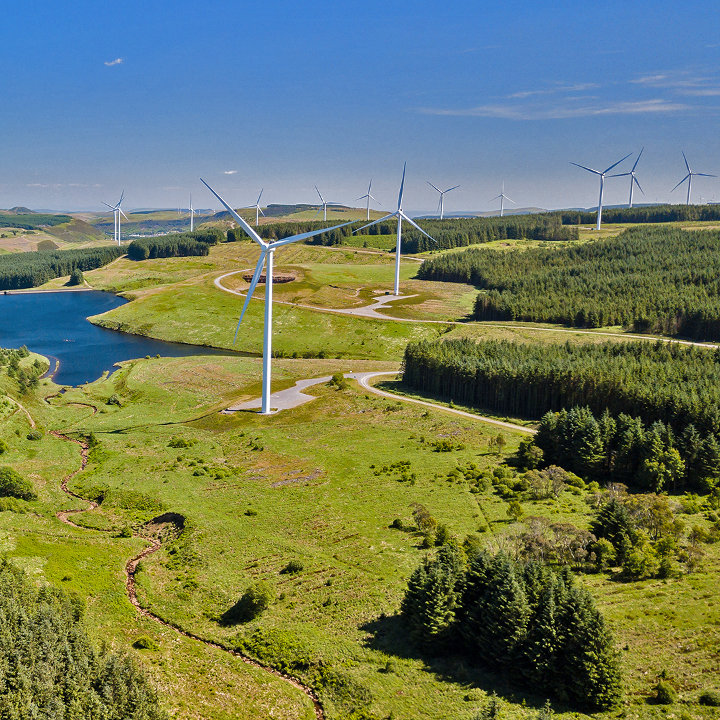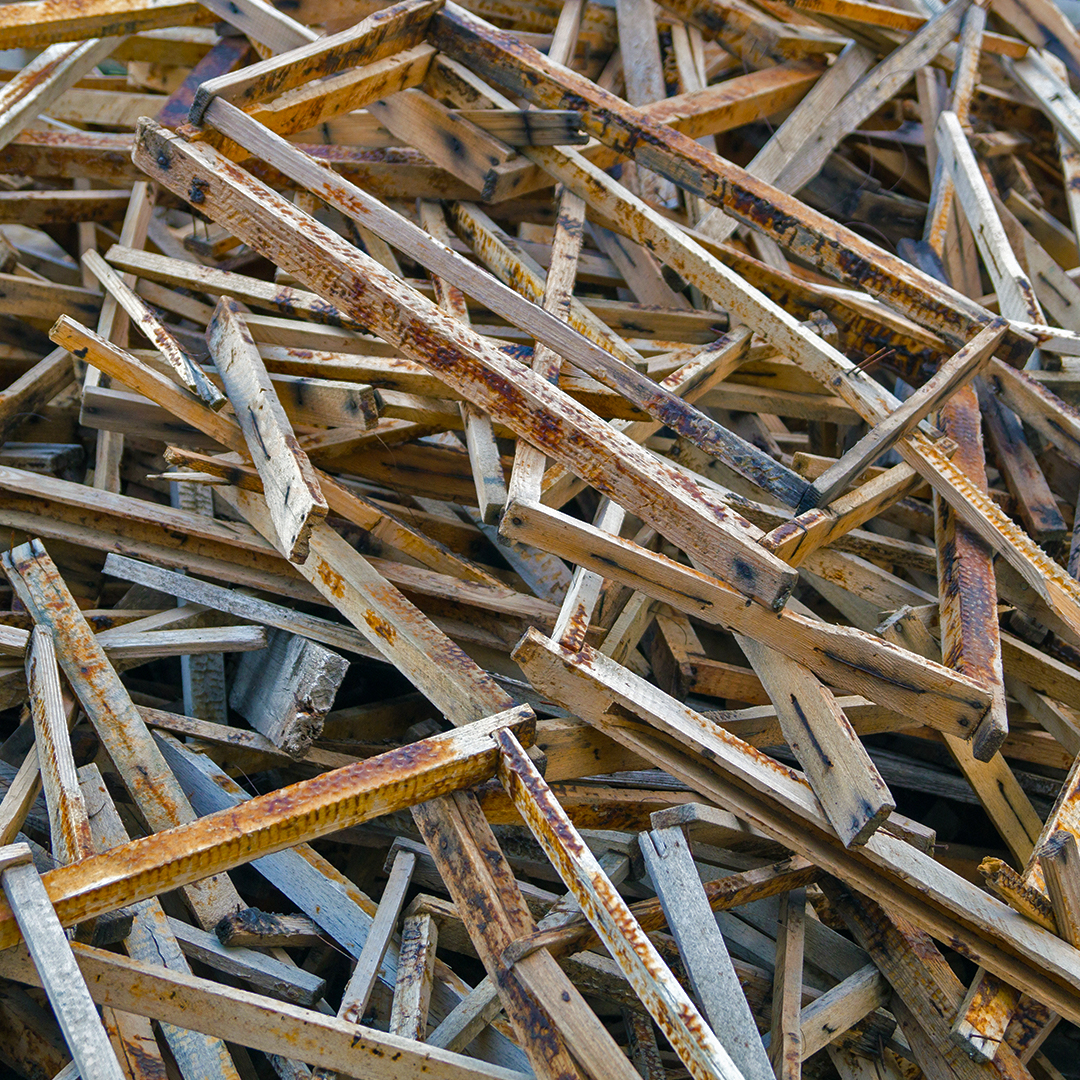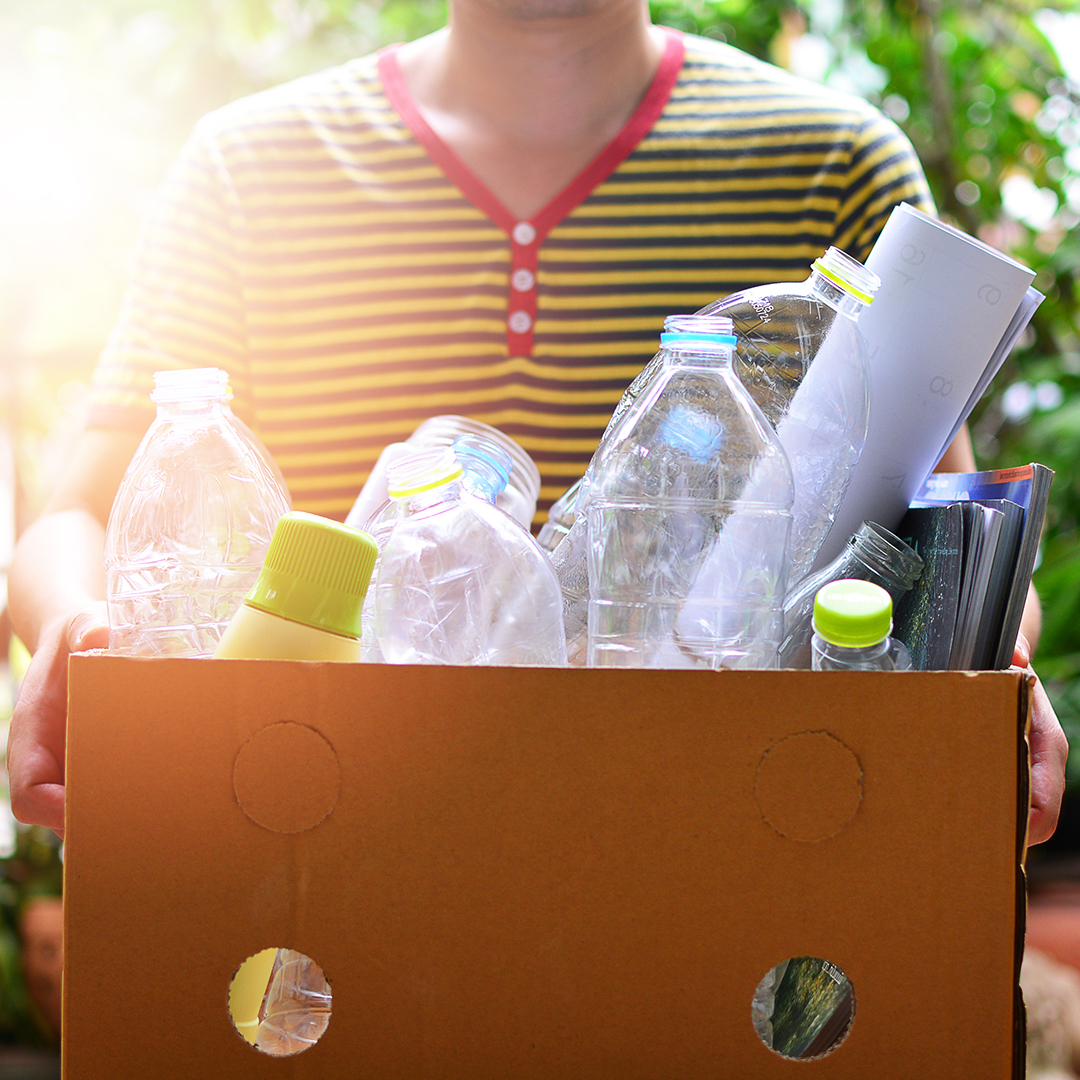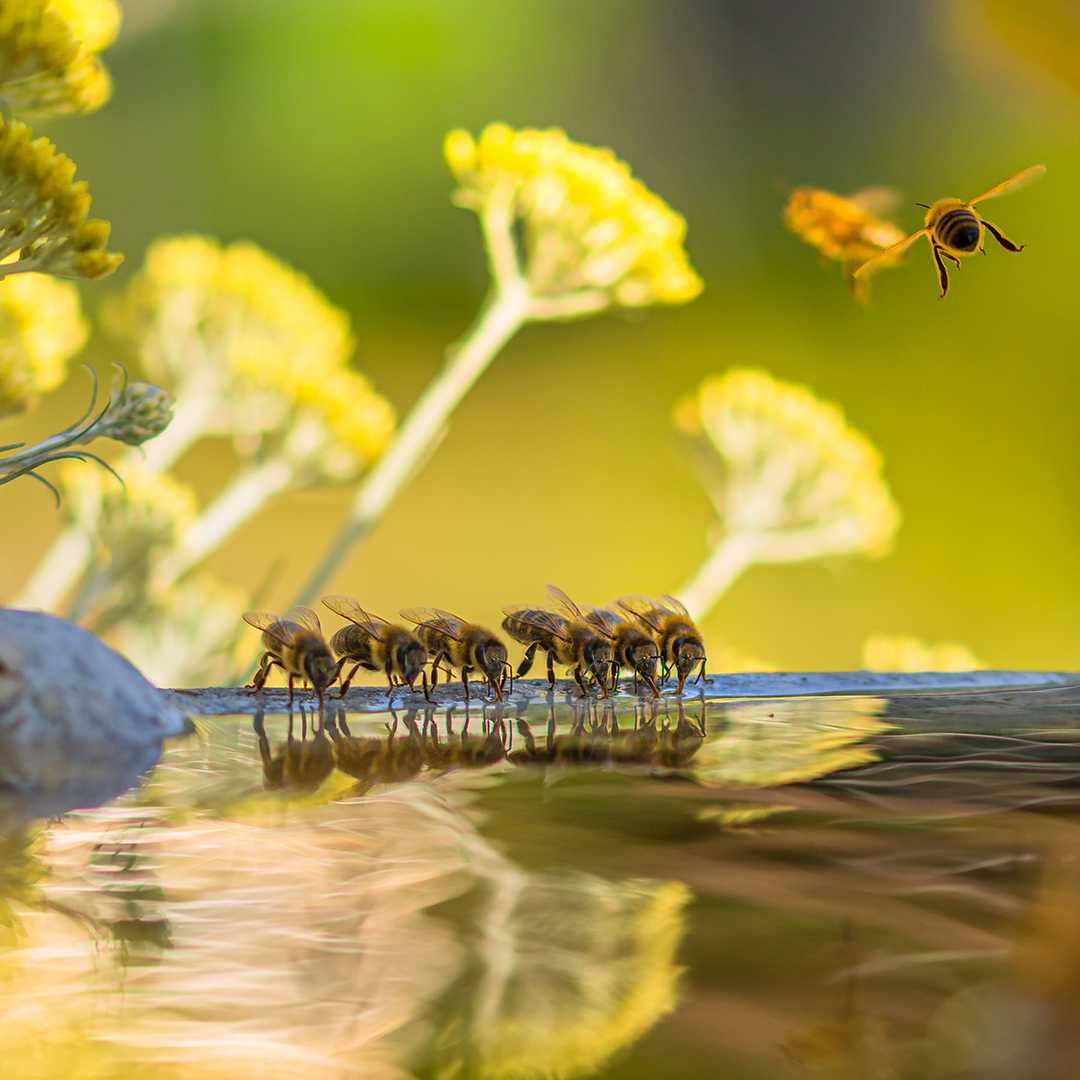Our honey comes completely conscience free! A Highly Ethical Honey Brands and Carbon Neutral Honey
25 June 2021
We all understand the challenges that are facing humanity, and one of the most important is what we are facing with our changing climate as well as plastic pollution. As an ethical honey brands we feel we have a moral obligation to do our bit and to face future generations with integrity and to give customer A CHOICE. To that end we have made every jar of our raw Welsh Honey 100% Carbon Neutral. Right now. That means no CO2 emissions as a result of purchasing our raw artisan Honey. We can even work out how much CO2 you have saved the planet with each purchase from our raw honey shop from our choice of raw Welsh Honey individually by logging into your account. So how do we achieve complete 100% Carbon Neutral Honey? How did we become Wales’s leading ethical honey brands, especially as a small Welsh honey company with local beekeepers selling honey?
Energy use
All the energy consumed in the extraction of our honey, its gentle and coarse filtering to bottling is generated by our own electricity with solar PV cells on the roof of our building and 100% green. But the daylight is not continuous in Wales so when we need to purchase from the grid we only buy 100% Carbon Free green energy when demand is low – again through technology.
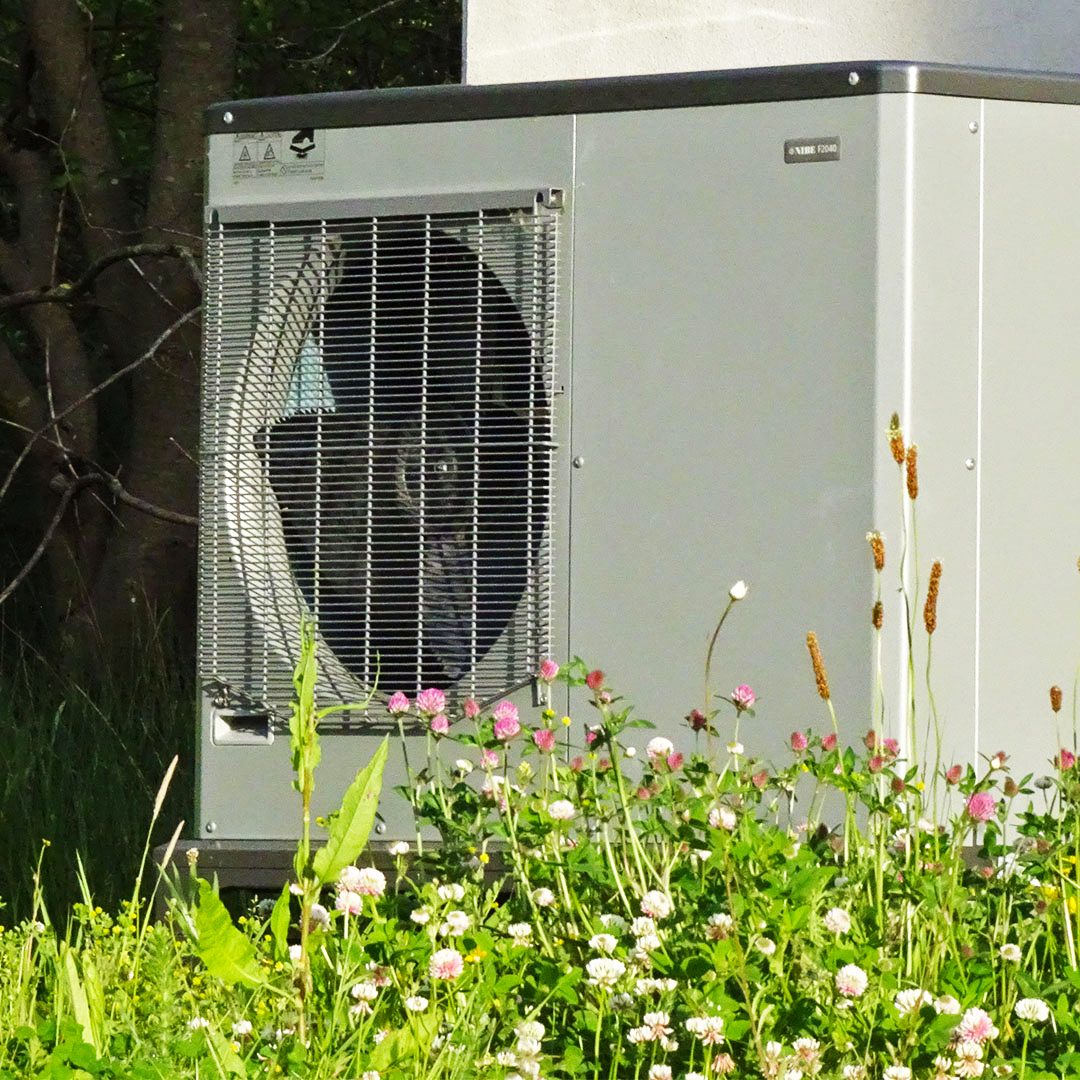
No more Polyhives
We have invested in the past in poly hives which are made from polystyrene. At the time we thought that these would outperform wooden beehives in terms of keeping bees warm during the winter and thus reducing their stress and prolonging their lives, but this difference was negligible in the long term compared to wooden beehives.
Rather than to throw and fill a landfill we will be using them until the end of their useability, hopefully another 10 years plus. However, we will no longer be investing in any new polystyrene based products out of principle and only get new wooden beehives. This is part of our commitment to the environment both in terms of microplastics and trying not to use materials derived from hydrocarbons and plays a major part in being an ethical honey brands. By using all wooden beehives we will remain on our 100% Carbon Neutral path and continue a sustainable honey path.
What about the bits we can’t do without emitting CO2?
Our biggest annual carbon footprint at the moment comes from vehicle use. Evidently, we use vehicles to get to the bees in places that are hard to reach (intentionally), to manage them, to remove the honey and to get it to the consumer either by hand or to retail. We also have used materials in building a new bespoke facility on an old coal mine, the usage of contractors also considered.
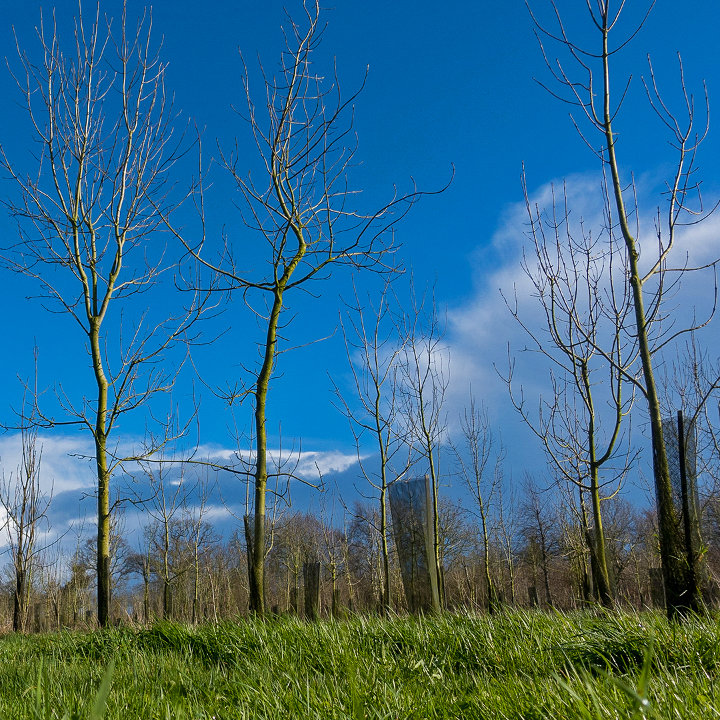
So what about sustainability?
Exactly what is meant by sustainability and biodiversity? We define it at Cilgwenyn simply as humanity meeting its needs without impacting negatively on anyone individually or anything else on this planet now or at any time in the future, be it 100 years or 10,000 years or 1 million years. It’s not just about CO2 emissions or other greenhouse gasses. It’s not just about environmental pollution including plastic building up in our environment. Its not just about depleting natural resources where it cannot be replenished or will take a very very long time to come back. It’s not just about making sure there is enough social and economic resources available to everyone.
IT IS ALL OF THESE THINGS.
And all of these things play a part in being one of Wales’s leading sustainability honey brands.
What do we do to play our part?
- By being 100% Carbon Neutral
- We only use packaging made from re4cycled material and is also fully recyclable
- We reduce any material made from hydrocarbons, and use wood wherever we can
- We treat people, staff and customers with care and respect and dignity. We pay a salary that allows ethical choices to be made for a healthier and sustainable living.
- We help our own communities and teach ex-servicemen beekeeping as a means of coping with the mental scars of war.
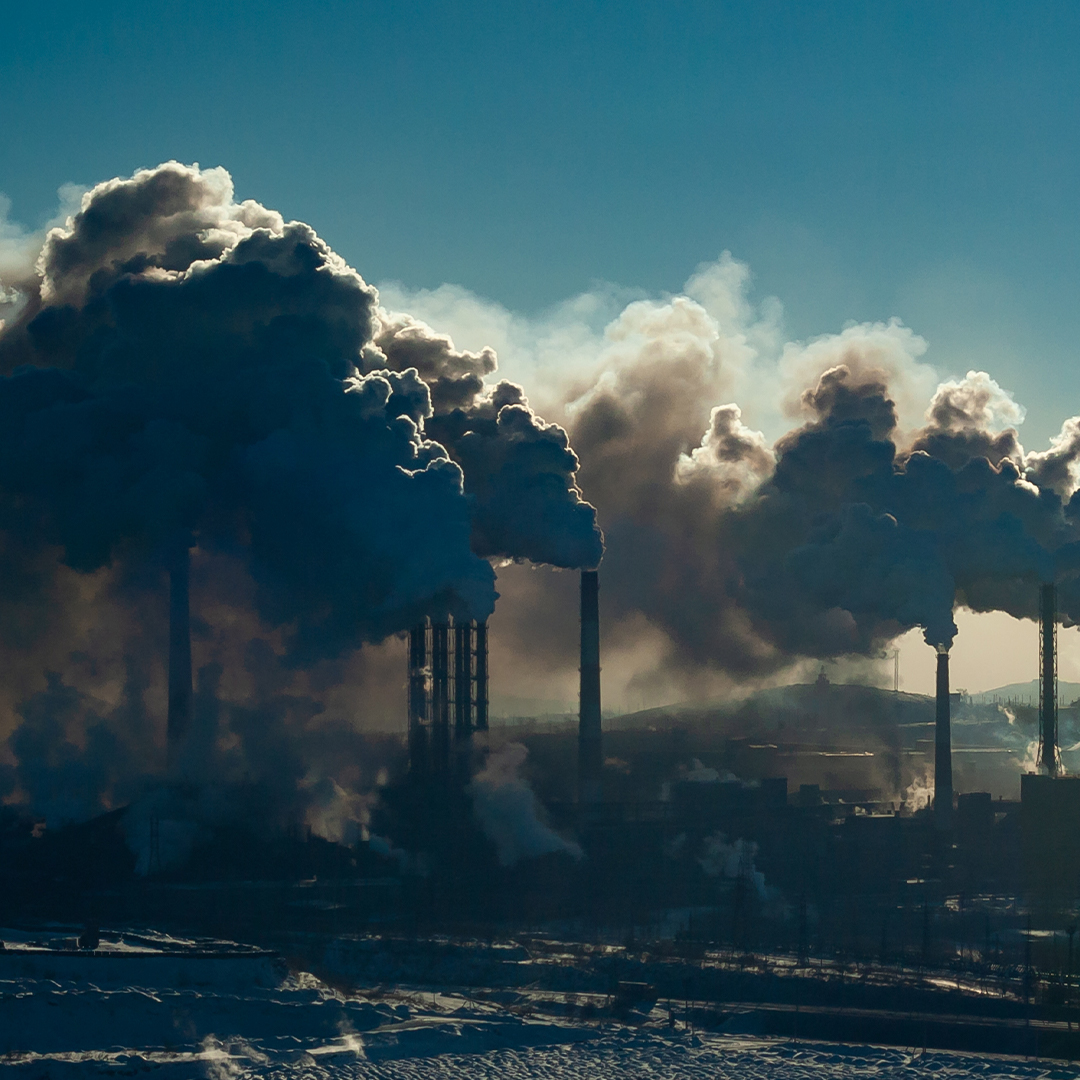
Just to put us into perspective. By mass 97% of the worlds vertebrate land animals are either human or are kept by humans. But we are just one of 1.7 million species of living things such as animals plants and fungi that we know of. Research seems to indicate that this number is realistically likely to be some 8 to 9 million by some and 100 million by others. And that is not even considering bacteria, so organisms may number billions.
Should we affect many of these the knock on effect to others can be huge, and we don’t even know about it. For those that are familiar with the game Jenga, just take one incorrect block out and it all comes tumbling down. Imagine a Jenga version that interconnects our whole ecosystem of millions of species? One wrong move and it will be calamity. And we seem to be heading for it.
So why bees?
If there are that many organisms why are bees by themselves important? The affect we have seen on a single type of honeybee is noted because we get honey. With honey being reduced over a few hundred years we notice it as it’s a commodity that we enjoy and savour. But there are many factors that affect it. If bees are affected what about insects that we don’t tend to look at? What are the consequences of this? It is hard to tell until it is too late. Many believe that human affect on living creatures have gone far enough that we have entered a period of mass extinction, it just moves slow in our lifetime. Yet in our lifetime it is speeding up.
But it’s not just about bees and honey. Looking at just one species how would its removal affect life on earth? We understand that pollination is essential for many living plants on earth. If pollination reduces so does the number of plants. The chances of different plants change to existing pressures such as weather reduces, in other words evolution slows down. If plants do not evolve they could die out completely. Should that be a particular food we eat, we will eventually die. If it’s for feeding livestock, they will die. If it feeds smaller creatures, they will die, and then we start affecting the pyramid of living creatures again. Prospects are not great unless we actually do something about it, and with food, given a CHOICE which direction we want our producer to give us. Surely food producers have the biggest chance of changing our futures through consumer CHOICE?
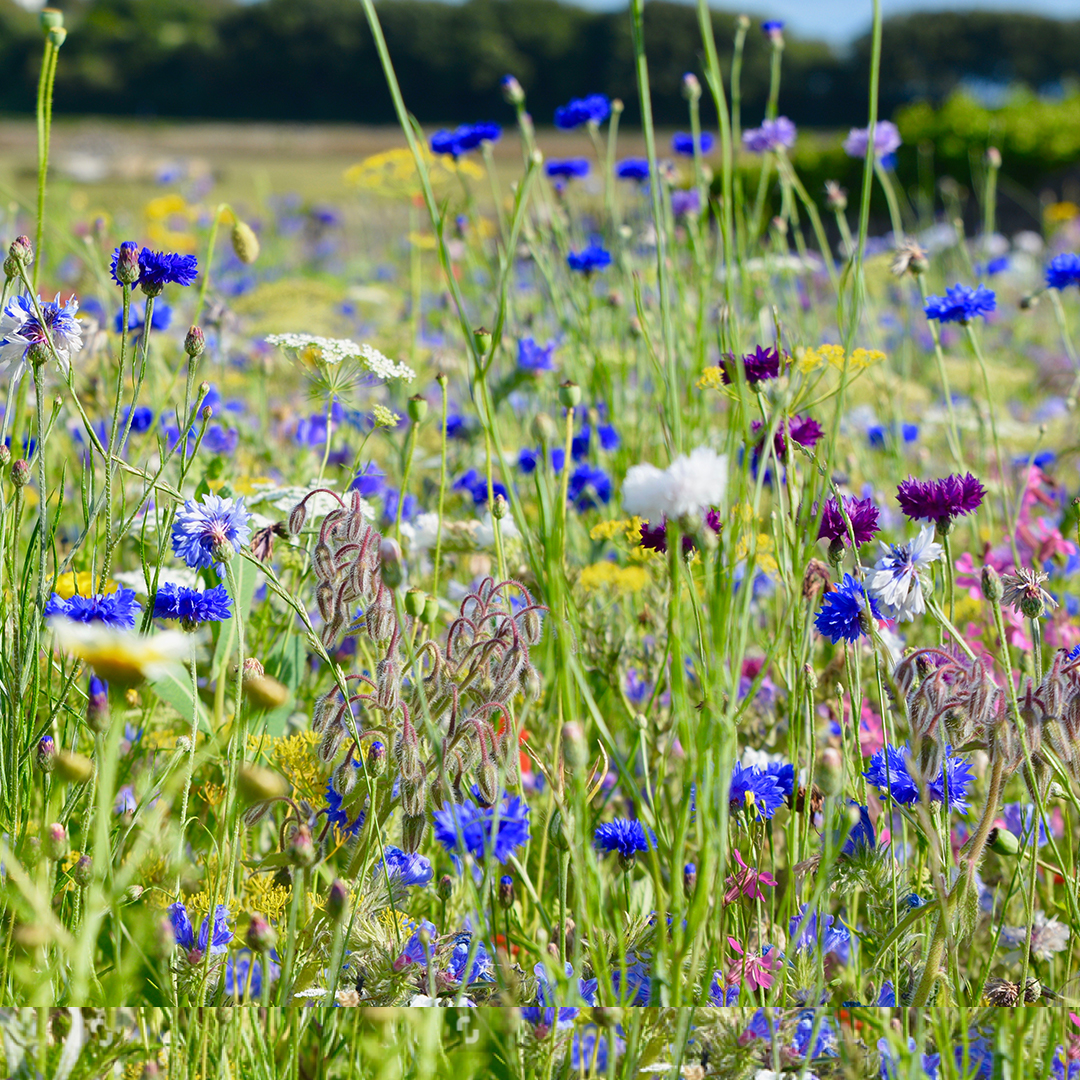
Can bees help against the decline of biodiversity?
Again, the answer is yes. The same argument as with helping against climate change, the more pollinators are reduced the same will happen with plants. Conversely, the more plants that are pollinated the more plants exist and diversify. The more plants exist we are creating a natural habitat for other organisms to thrive. This is one of the pillars why we feel keeping bees as organically and natural as possible is so important. It’s not just about the food that we as humans eat, it’s about the who ecosystem.
What about how we look after our bees? Well you can read about that here.
Small tiny changes to our lives makes a huge impact, and a small Welsh Honey Company can have a massive impact
We hope that many people will make little changes like visiting our raw honey shop online to ensure humanities future for many generations to come. But its business that make the biggest changes as it gives consumers a CHOICE. Without choice there is little change. Our contribution is to make sure that every jar of raw Welsh Honey that we supply is completely 100% Carbon Neutral, right here at the source, not offset by paying a company to plant trees in land far away where there is every possibility it will be cut down in a few years’ time or even a gimmick for contemporary fashion. This is why we lead as a sustainability brands. It’s now. Right now. We do this so we can help you play your part, conscience free.
